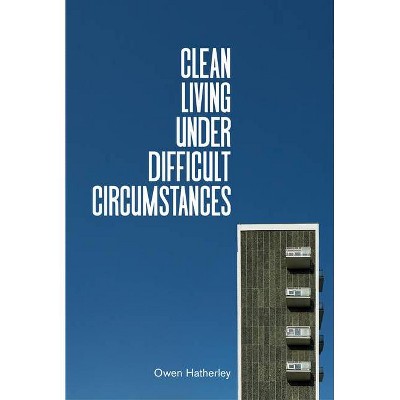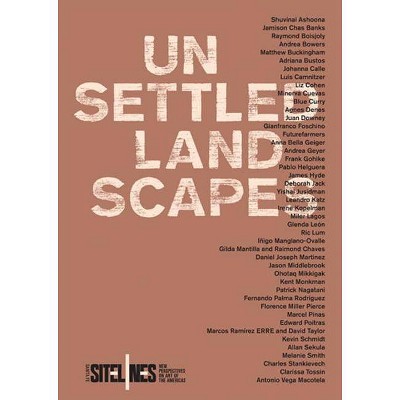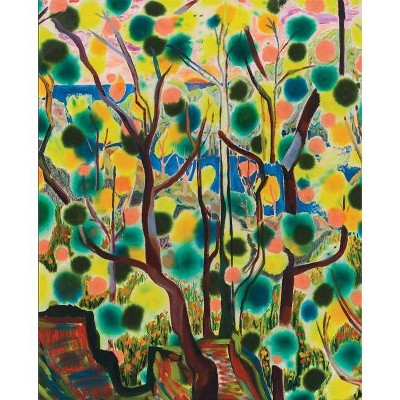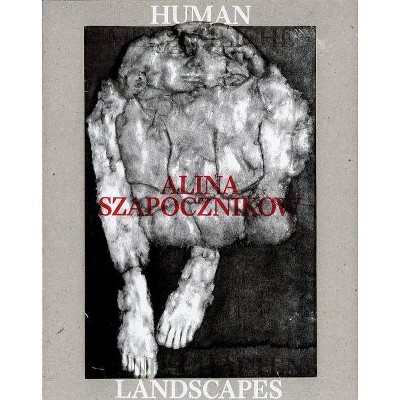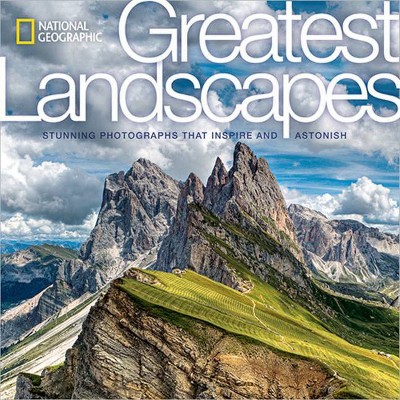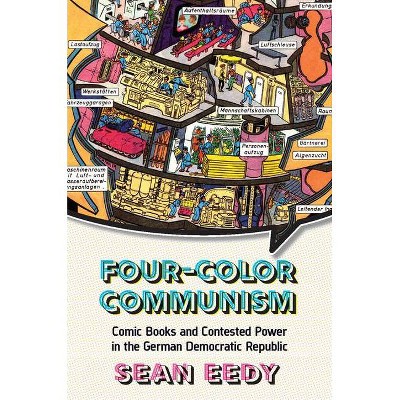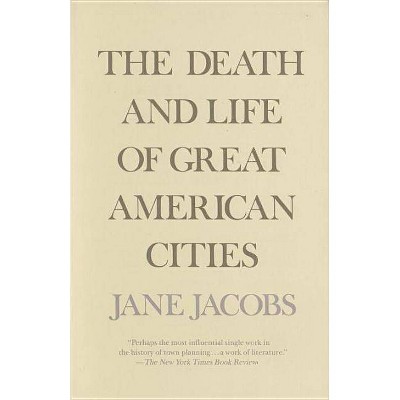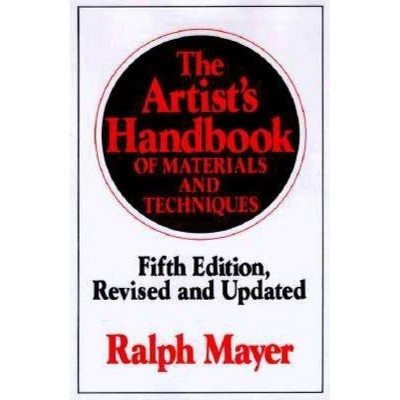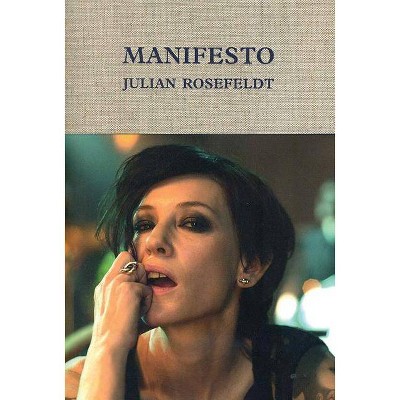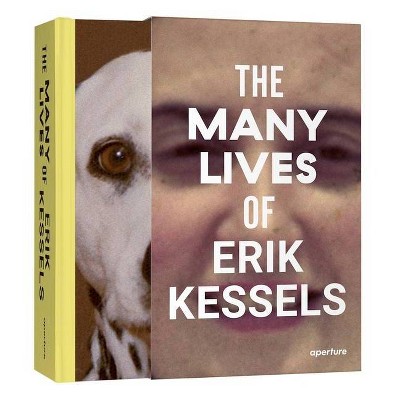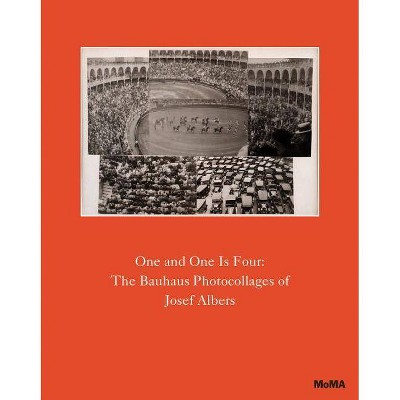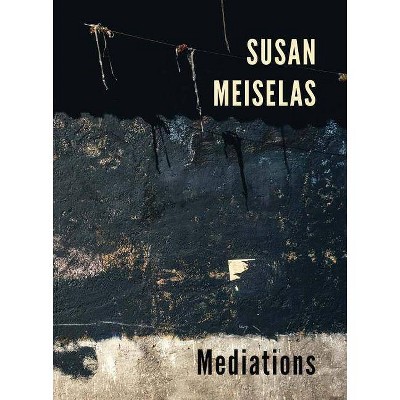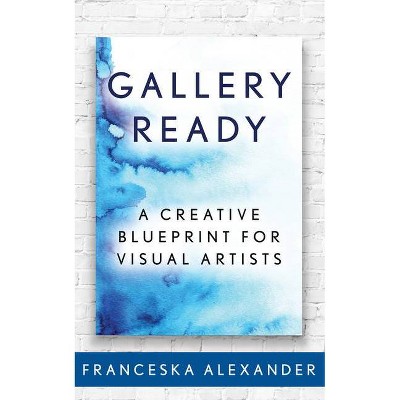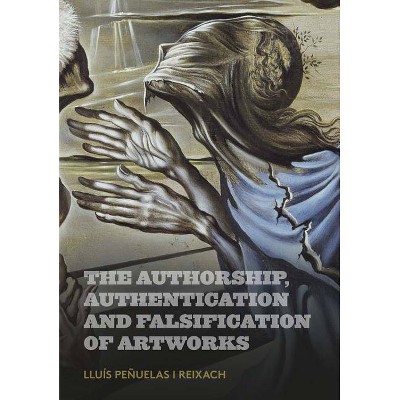Landscapes of Communism - by Owen Hatherley (Hardcover)
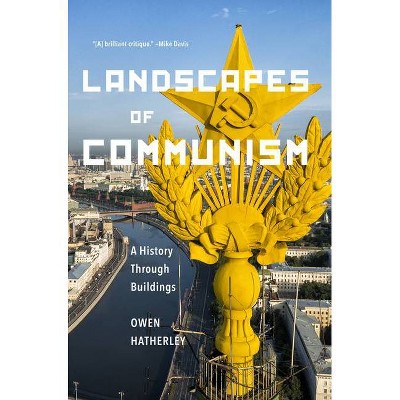
Similar Products
Products of same category from the store
AllProduct info
<p/><br></br><p><b> About the Book </b></p></br></br>"When communism took power in Eastern Europe it remade cities in its own image, transforming everyday life and creating sweeping boulevards and vast, epic housing estates in an emphatic declaration of a noncapitalist idea. The regimes that built them are now dead and long gone, but from Warsaw to Berlin, Moscow to postrevolutionary Kiev, the buildings remain inhabited, populated by people whose lives were scattered by the collapse of communism. Landscapes of Communism is a journey of historical discovery, plunging us into the lost world of socialist architecture. Recalling the work of W.G. Sebald and Rebecca Solnit, Owen Hatherley, a brilliant, witty, young urban critic shows how power was wielded in these societies by tracing the sharp, sudden zigzags of official communist architectural style: the superstitious despotic rococo of high Stalinism, with its jingoistic memorials, palaces, and secret policemen's castles; East Germany's obsession with prefabricated concrete panels; and the metro systems of Moscow and Prague, a spectacular vindication of public space that went further than any avant-garde ever dared. Throughout his journeys across the former Soviet empire, Hatherley asks what, if anything, can be reclaimed from the ruins of Communism--what residue can inform our contemporary ideas of urban life? "--<p/><br></br><p><b> Book Synopsis </b></p></br></br>When communism took power in Eastern Europe it remade cities in its own image, transforming everyday life and creating sweeping boulevards and vast, epic housing estates in an emphatic declaration of a noncapitalist idea. The regimes that built them are now dead and long gone, but from Warsaw to Berlin, Moscow to postrevolutionary Kiev, the buildings remain, often populated by people whose lives were scattered by the collapse of communism. <p/> <i>Landscapes of Communism</i> is a journey of historical discovery, plunging us into the lost world of socialist architecture. Owen Hatherley, a brilliant, witty, young urban critic shows how power was wielded in these societies by tracing the sharp, sudden zigzags of official communist architectural style: the superstitious despotic rococo of high Stalinism, with its jingoistic memorials, palaces, and secret policemen's castles; East Germany's obsession with prefabricated concrete panels; and the metro systems of Moscow and Prague, a spectacular vindication of public space that went further than any avant-garde ever dared. Throughout his journeys across the former Soviet empire, Hatherley asks what, if anything, can be reclaimed from the ruins of Communism--what residue can inform our contemporary ideas of urban life?<p/><br></br><p><b> Review Quotes </b></p></br></br><br>"An erudite and surprising study of what Soviet-era buildings said about the beliefs and hopes of the citizens. . . A wonderfully accessible, compelling guide to these Eastern European cities."<br>--<i>Kirkus Reviews</i> <p/>Owen Hatherley's eye is so acute, his architectural expertise so lightly deployed, his sympathies so wide and generous, that reading it is like a tour of a whole world of unsuspected curiosities and richnesses conducted by a guide whose wit is as refreshing as his knowledge is profound...I loved it, and I'll go back to it again and again.<br>--Philip Pullman <p/>In the craven world of architectural criticism Hatherley is that rarest of things: a brave, incisive, elegant and erudite writer, whose books dissect the contemporary built environment to reveal the political fantasies and social realities it embodies.<br>--Will Self <p/>Hatherley has a wonderful eye for buildings and space, a good grasp of the history that spawned them, and a deft way of describing them...I'd better take his book, big though it is, in my backpack next time I go to Warsaw, Lviv, Bucharest or elsewhere in the old Soviet empire. I might even throw out Sytin and take it to Moscow.<br>--<i>London Review of Books</i> <p/>[Hatherley's] grasp of twentieth century social and cultural history is impressive, and he has created a witty, intimate and insightful book.<br>--<i>Sunday Times</i> (London) <p/>Owen Hatherley goes in search of socialism via an epic and insightful study of Eastern bloc architecture.<br>--<i>The Guardian</i> <p/>"Hatherley takes us on an extraordinary tour of architecture in what could loosely be called the ex-Iron Curtain countries.<br>--<i>The Independent</i> <br><br><p/><br></br><p><b> About the Author </b></p></br></br>Owen Hatherley is the author of the acclaimed "Militant Modernism," a defense of the modernist movement, and "A Guide to the New Ruins of Great Britain." He writes regularly on the political aesthetics of architecture, urbanism and popular culture for a variety of publications, including "Building Design," "Frieze," "The Guardian," and "New Statesman." He lives in London.
Price History
Cheapest price in the interval: 35 on November 8, 2021
Most expensive price in the interval: 35 on December 20, 2021
Price Archive shows prices from various stores, lets you see history and find the cheapest. There is no actual sale on the website. For all support, inquiry and suggestion messagescommunication@pricearchive.us
